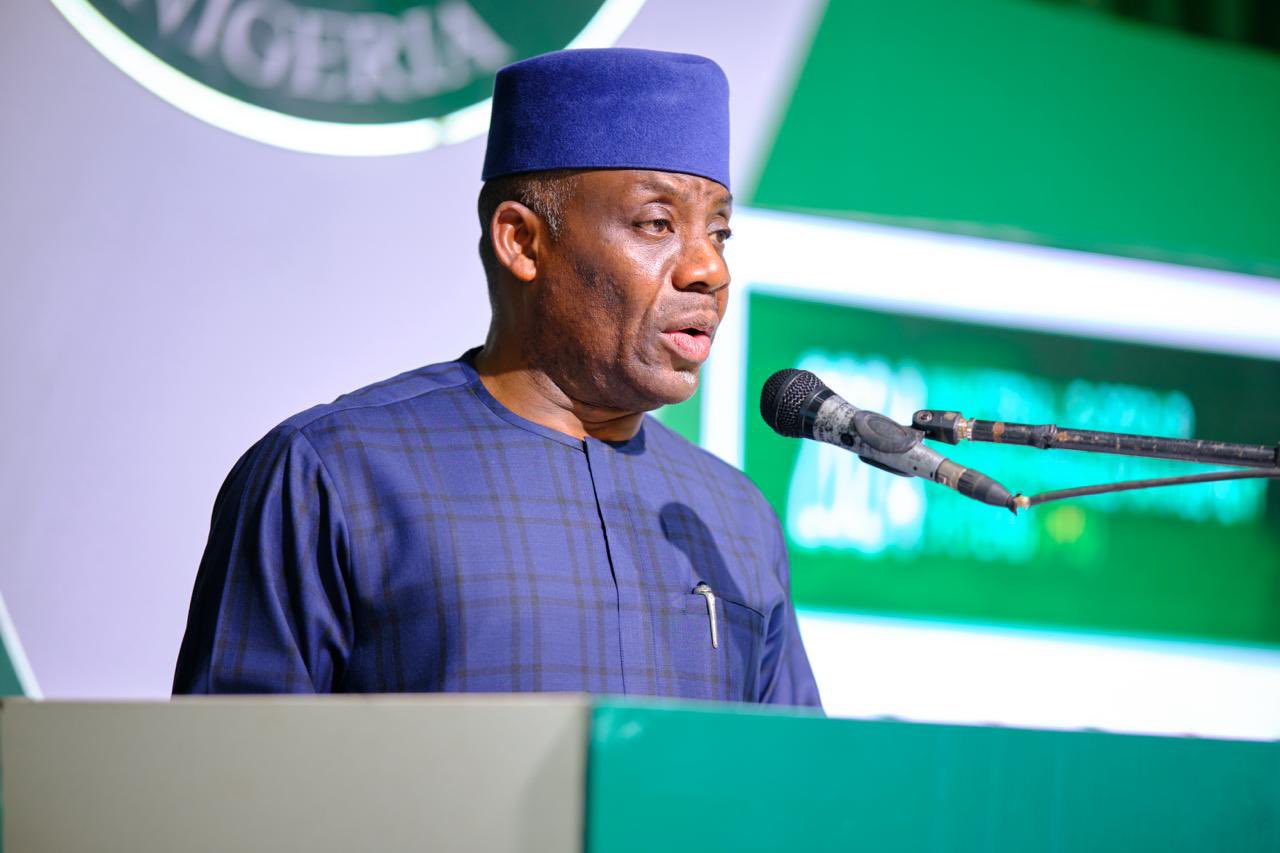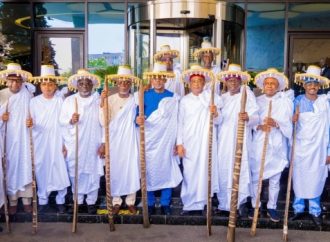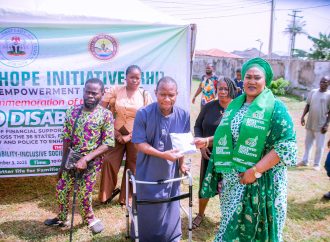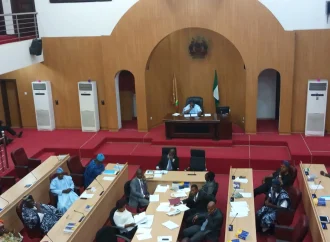Nigeria Upgrades 38 Technical Colleges to Equip Youth with Globally Competitive Skills In a transformative move to revitalize the Nigerian education system, the Minister of Education, Dr. Tunji Alausa, announced on Monday the upgrade of 38 federal and state technical colleges across the country. The announcement was made during the 2025 Quarterly Citizens and Stakeholders
Nigeria Upgrades 38 Technical Colleges to Equip Youth with Globally Competitive Skills

In a transformative move to revitalize the Nigerian education system, the Minister of Education, Dr. Tunji Alausa, announced on Monday the upgrade of 38 federal and state technical colleges across the country. The announcement was made during the 2025 Quarterly Citizens and Stakeholders Engagement on the Nigeria Education Sector Renewal Initiative (NESRI), held in Abuja.
This strategic upgrade is part of a comprehensive education reform focused on equipping young Nigerians with practical, globally relevant skills that align with the demands of a modern, knowledge-driven economy.
Technical Reforms to Empower Nigeria’s Youth
The centerpiece of this reform is a significant shift in technical education delivery — a dual-training model that prioritizes experiential learning. Under the new structure, students in the upgraded colleges will spend 80% of their training on hands-on vocational skills, with only 20% of their time spent in the classroom. This shift, according to Dr. Alausa, aims to better align education with the realities of the job market.
“Our goal is to train five million young Nigerians with globally relevant skills within four years,” the minister stated. “This is how we begin to close the gap between our workforce and the demands of the modern economy.”
Alausa also revealed that the initiative would include a mentorship programme where local artisans would be paid to train students directly, thus creating a value chain within the education sector and further bridging the skills gap between training and practice.
NESRI: Transitioning to a Knowledge-Driven Economy
At the heart of these reforms lies the Nigeria Education Sector Renewal Initiative (NESRI), a comprehensive programme that aims to transition the country from a resource-based to a knowledge-driven economy. NESRI encompasses literacy improvement, curriculum overhaul, digitisation of data and records, and teacher professional development.
“NESRI addresses issues of access, quality, inclusivity, research, and professional development in education,” said Alausa. “It is the most ambitious education reform effort in recent times.”
Among the initiative’s top priorities is reducing Nigeria’s alarming number of out-of-school children — a staggering 15 million — and tackling what is known as “learning poverty,” which affects more than 45 million Nigerians.
The education minister identified adolescent girls as a critical demographic in Nigeria’s education crisis. Approximately six million girls between the ages of 12 and 19 are currently out of school, a trend the government is determined to reverse.
To this end, NESRI has so far reintegrated 25,000 children into the formal education system. In a bid to support inclusive learning, the government has also trained 4,000 Tsangaya (Islamic) teachers, equipping them to help bridge the educational divide in underserved communities.
“We cannot build a prosperous nation while leaving millions of our children behind,” Alausa emphasized. “Education is a right, not a privilege, and we must ensure no child is denied access.”
Another significant reform under NESRI is the digitisation of the examination process. The Minister announced that starting in November 2025, the National Examinations Council (NECO) and the West African Examinations Council (WAEC) will begin administering computer-based tests. Full digitisation of all national exams, including those by the Joint Admissions and Matriculation Board (JAMB), is expected to be completed by 2027.
This transition, according to Alausa, is aimed at curbing examination malpractice and restoring integrity to Nigeria’s examination system. “By digitising national exams, we aim to enhance transparency, speed up result processing, and maintain fairness in our assessment system,” he added.
The upgrades to technical colleges and the broader NESRI programme mark a bold chapter in Nigeria’s educational history. By investing in skill-based training, inclusive access, and digital technology, the Federal Ministry of Education is laying the foundation for a more productive and competitive workforce.
The 2025 Stakeholders Engagement also provided an opportunity for citizens, educators, and policymakers to exchange ideas, share feedback, and collectively envision an education system that is inclusive, future-focused, and globally competitive.
Observers and analysts have applauded the move, describing it as a timely intervention that could significantly impact youth employment, innovation, and national development.
As the country faces complex development challenges, these education reforms offer hope that the next generation of Nigerians will be better equipped — not just academically, but with the technical and life skills needed to thrive in a rapidly evolving world.


















Leave a Comment
Your email address will not be published. Required fields are marked with *